A cup to remember: Velarde CF
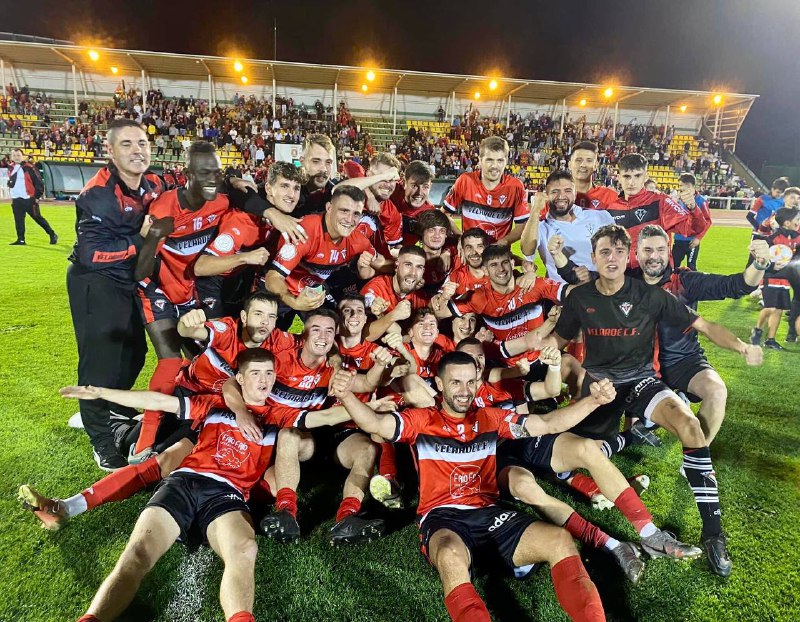
The northern side, whose name comes from a soldier, will play against Sevilla FC in the next round of Copa del Rey
Velarde CF is a sixth division team who represents Muriedas and Maliaño, two towns of the municipality of Camargo who have a population of over 25.000 people and are just seven kilometers away from Santander.
On 13 November, they will receive six-time Europa League winners and Champions League participants Sevilla FC. Players like Jesús Navas, Ivan Rakitic or Isco will experience what it is like to play in La Maruca, a 1,600 seats stadium which has one stand and an athletics track surrounding the pitch.
Paying tribute to a soldier
Velarde CF was founded in 1967. But in reality, it has deeper roots as the inhabitants from Muriedas and Maliaño used to play together on a field owned by Standar Cableteam, a telecommunications company where most of the people of both villages still work. It was in that year when La Maruca, the club’s stadium, was built and Velarde CF was born.

The founders decided to remember the legacy of the Spanish war hero Pedro Velarde by naming the club after him. Velarde is the most significant representative of the town because he was one of the influential figures who led protests in Madrid on 2 May, 1808. He died that day after being shot by a French commander.
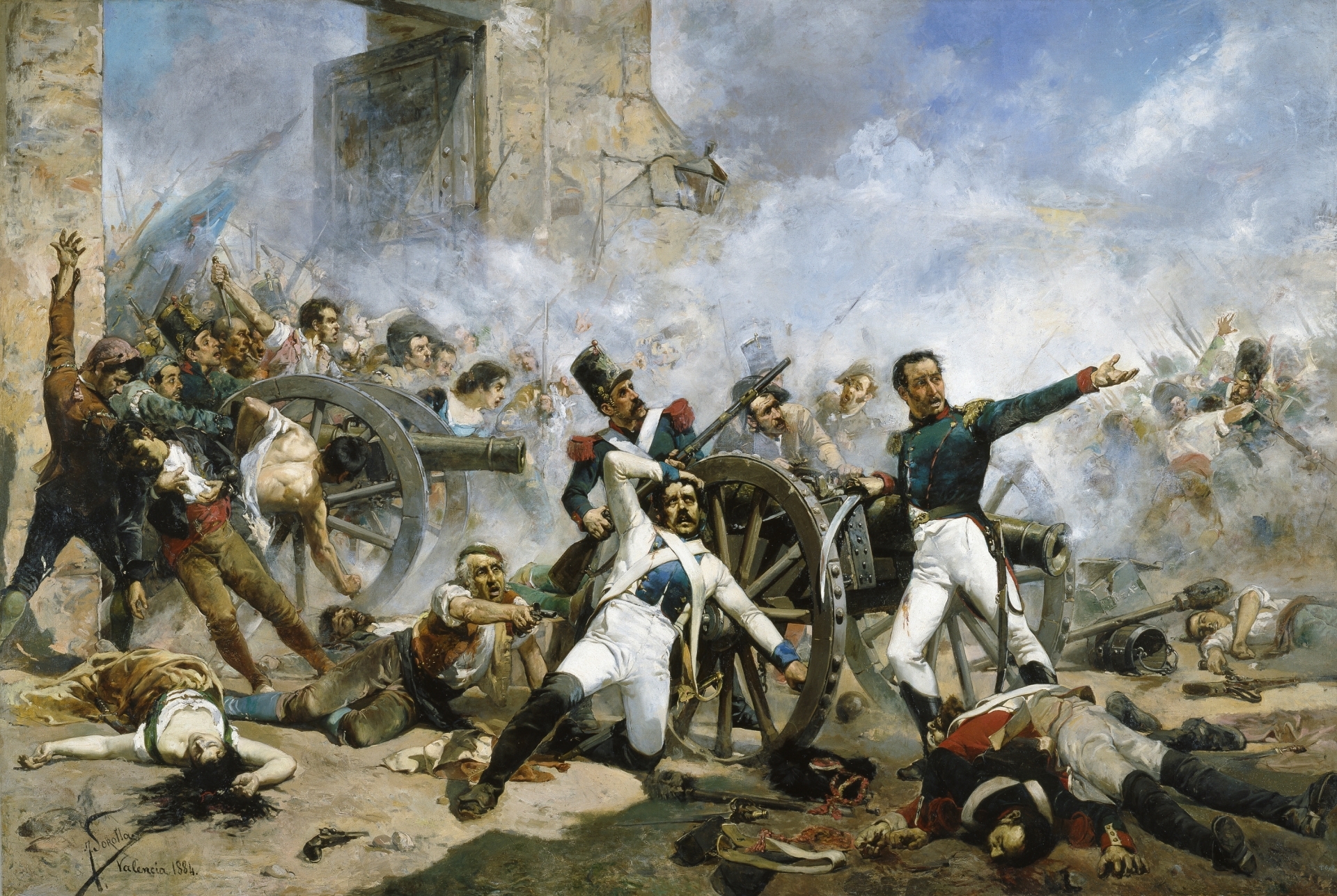
With the rallying cry, “We must fight; we must die; we are going to fight the French”, the military encouraged Spanish people to stand up against the repression they were suffering at the hands of the bleus soldiers, who were occupying the country on Napoleón’s orders. Those actions were the starting point of the Peninsular War between Spain, Portugal and the United Kingdom against France.
The Velardistas have seen skilful players in La Maruca, but none of them like Antonio Cruz. The winger, who passed away in 2011 at the age of 67, played for Real Betis and the youth Spanish National Team. He moved to Cantabria in the late ’60s to work in Standard Cableteam and started playing for Velarde CF. When he retired, he served as the club’s manager.
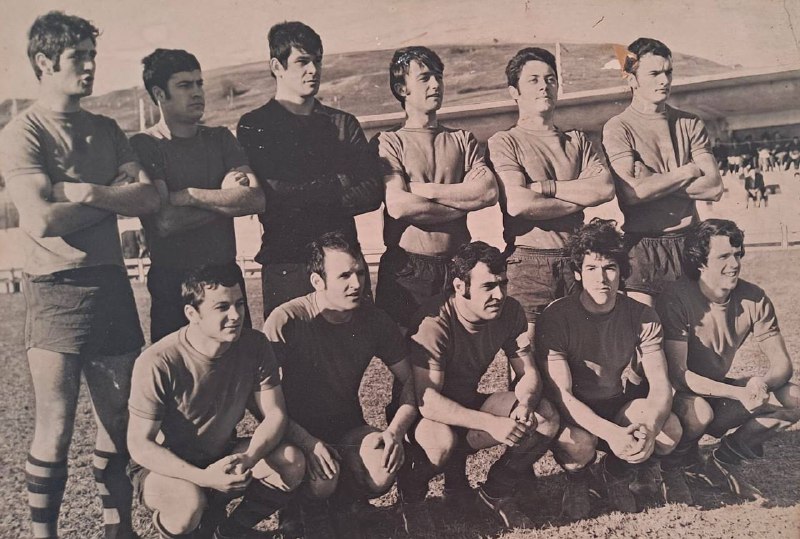
“Fans used to fill the stadium every game to watch him on the grass. He became an icon” says Felipe Salcines, the son of a former striker for the club, who shares his name.
A beautiful distraction
Velarde CF has always played in non-professional leagues. Their best result was in the 2002/03 season, when they won the Spanish fifth division, Tercera Federación, but couldn’t get promoted as they finished third in the play-offs group.
Today the team is competing in the sixth division (Preferente) and its main goal is to return to Tercera Federación as soon as possible. They train three times a week on synthetic grass during the afternoons and play their home games in La Maruca. No one at the club is a football professional, and all the players are from the local area.
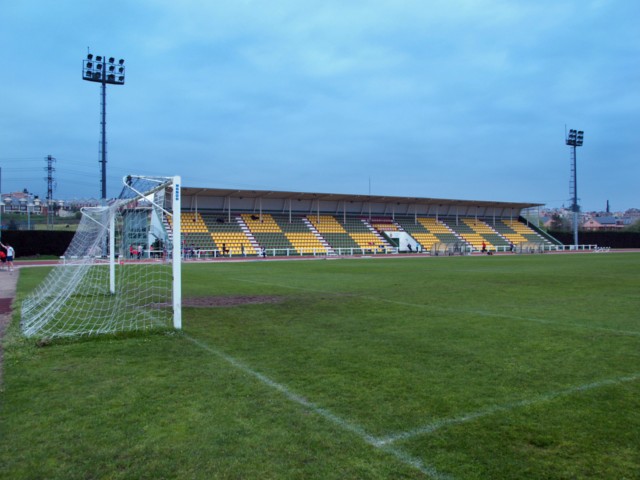
After winning the Cantabrian Cup in September, Velarde CF qualified for the Copa del Rey preliminary round and defeated Turégano CF 1-0 last week to get a ticket for the main draw of the tournament. The striker Daniel Incera, who works as a nurse, scored the winner in the 85th minute. The game was played on a Wednesday, and after the win the club members went to Santander to celebrate even though they had to work the following day.
As part of the rules, the non-professional teams who managed to qualify for this instance will play next against a LaLiga team in their stadiums in a one-legged tie.
Sevilla FC will be a special guest because Velarde CF has never faced a First Division team in its history. Supplementary stands will be installed in La Maruca to allow 4,000 people to watch an historic game.
“When we noticed that we were going to play against them, it was as if we had won the Champions League,” says the manager Carlos Cruz, who doesn’t surrender even though the quality of their Copa del Rey rivals. “The guys are talking about picking out Sevilla FC players to ask them for their shirts. However, I think we should pay more attention to the league, which is very important for us. We have our feet on the ground, we are going to face a team who plays five divisions above us. But hope moves mountains and nobody has to doubt that this squad will give everything on the pitch and stand up to Sevilla FC”.
Velardistas forever
It’s difficult to appreciate the full scale of civic pride swirling around Muriedas and Maliaño. José González, secretary of the club, couldn’t hold back the tears as he captured what this moment means for his compatriots.
“Probably, we will never experience this again,” he says. “Some Sevilla FC players are worth more money than our facilities. We are likely to concede five or six goals against them, but to see our stadium full of people enjoying this game will be priceless.”
González also promises Sports Gazette that he will complete a challenge if Velarde CF qualifies for the next round: “If we beat Sevilla FC, I will run from La Maruca to the peak of the mountain Peña Cabarga, which is 600 meters high”.
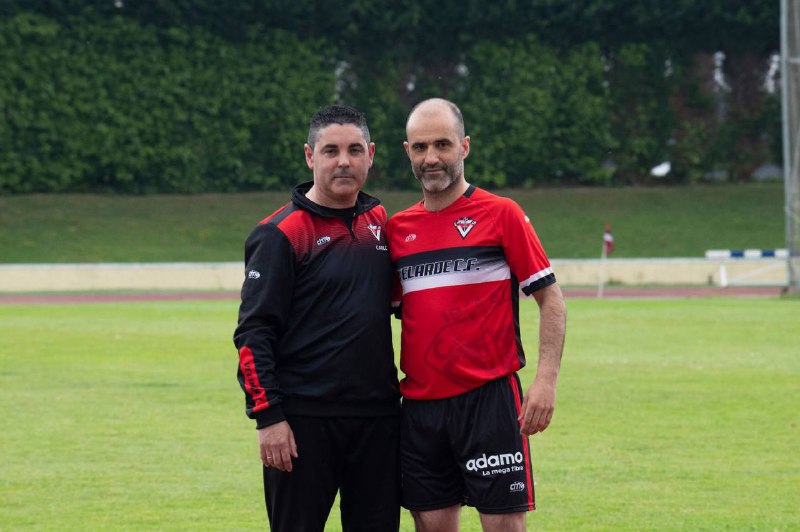
Felipe Salcines, manager of two of the youth club teams and velardista by family tradition, adds: “My father was coach, player and board member of the club. He taught me the passion for it. When I was a child, we used to travel across Cantabria to watch the games. I played for the first team and now my two sons also play for the academy. We are linked to Velarde CF”.
In addition, he thinks it’s possible to defeat Sevilla FC: “I have seen in many football web forums that their own supporters say we are going to knock them out. They are struggling this season and we have nothing to lose. Moreover, two of our players, Saúl Bolado and Daniel Incera, are Real Betis fans, so the motivation for them couldn’t be higher. Why can’t we make it possible?”
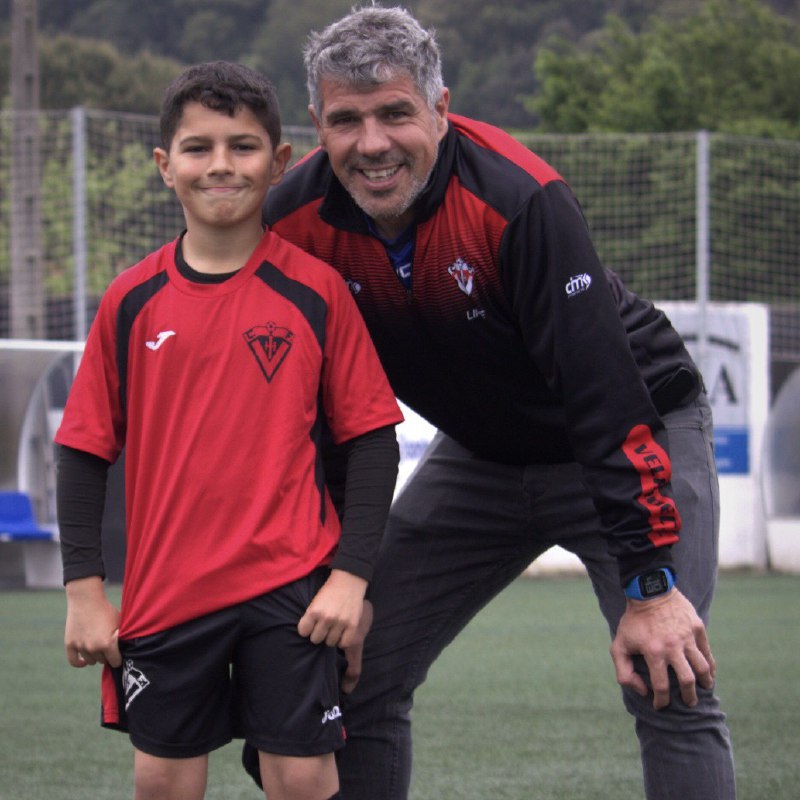
In February, Velarde CF had to face a very sad situation when its ex chairman, Rubén Rueda, died at the age of 33 due to a heart attack. He devoted life to the club, working to improve its standing on and off the pitch.
“He was an incredible and noble person,” Felipe says. “Never had a bad word to say. The chance of playing in Copa del Rey is a gift that life has given us for Rubén. It will be his best tribute.”
Now Velarde CF is in the hands of the chairman Joaquín Rueda (Rubén Rueda’s father). José Antonio Aja, Manuel García, Álvaro Carrera and José González deserve special praise for their efforts managing the club. “This is how it works,” Felipe explains. “We are a village team and everyone wants to lend a hand.”
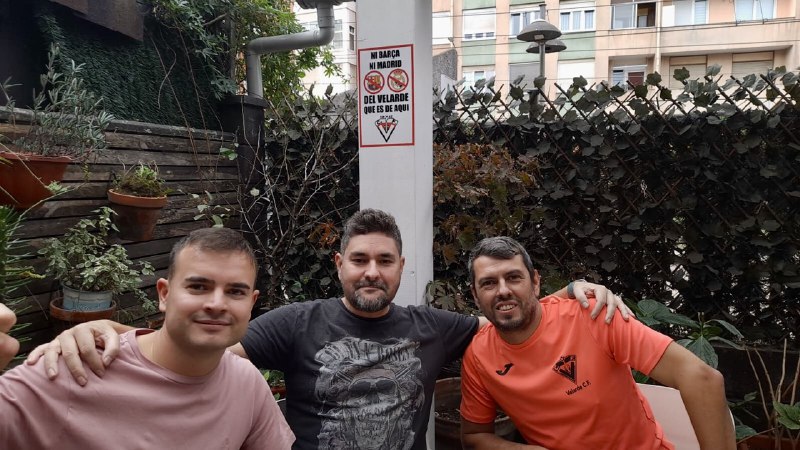
The result matters less than the excitement, joy and pride the people of Muriedas and Maliaño are feeling these days. They won’t forget this edition of the Copa del Rey and their best award would be to live this situation once again. Like Velarde CF’s anthem says, “it’s time to dream in La Maruca”.
Read next:
Kylian Mbappé cannot be one of the world’s best with his attitude problems